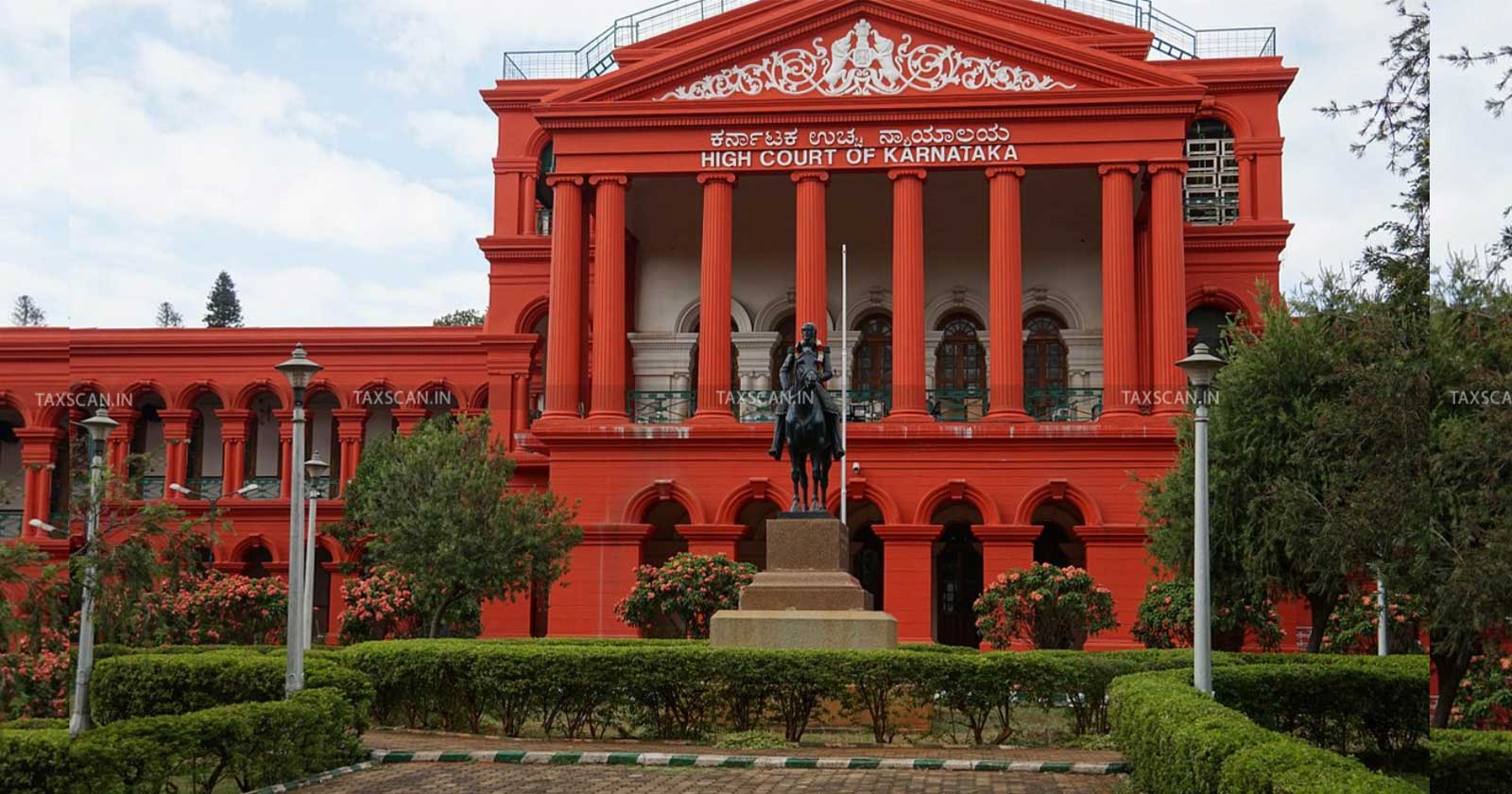Unreasonable High-Pitch Demand and Genuine Hardship not considered in Proper Perspective: Karnataka HC quashes PCIT's Order [Read Order]
Considering PCIT failed to consider unreasonable high-pitch demand and genuine hardship, the Karnataka HC quashed the order

Unreasonable High-Pitch Demand – Genuine Hardship – Proper Perspective-Karnataka HC – PCIT’s Order – taxscan
Unreasonable High-Pitch Demand – Genuine Hardship – Proper Perspective-Karnataka HC – PCIT’s Order – taxscan
In a recent ruling, the Karnataka High Court quashed an order by the Principal Commissioner of Income Tax (PCIT) after finding that it failed to properly consider whether the tax demand imposed on the petitioner was unreasonably high or would cause genuine hardship.
The petitioner, Baregundi Jagadhisha Yediyala, challenged the Income Tax Department's order. The order, dated 18th September 2023, was issued by the Principal Commissioner of Income Tax requiring the petitioner to pay 20% of the tax demand due to an ongoing appeal with the Commissioner of Income Tax (Appeals).
The order did not consider whether the tax demand was "unreasonably high pitched" or if it caused "genuine hardship," as required by circulars.
Know When to Say No to Cash Transactions, Click Here
Aggrieved by the PCIT’s order, the petitioner appealed before the Karnataka High Court arguing that the Income Tax Commissioner failed to consider genuine hardship and the possibility of an unreasonably high tax demand.
The petitioner’s counsel relied on Flipkart India Private Limited v. Assistant Commissioner of Income Tax, where the Karnataka High Court ruled that tax authorities must assess if demand is unreasonably high or causes genuine hardship before mandating deposits.
The counsel for the Income Tax Department argued that the petitioner needed to provide supporting documentation to establish the case for hardship or unreasonable demand.
Know When to Say No to Cash Transactions, Click Here
A single bench led by Justice S Sunil Dutt Yadav observed that the Principal Commissioner’s order lacked a detailed examination of the petitioner's claim regarding the high-pitched demand and genuine hardship.
The court highlighted that the mere absence of financial difficulties does not equate to addressing the hardship claim. The court emphasized that a thorough examination of whether the demand was unreasonably high is necessary.
Therefore, the court set aside the Principal Commissioner’s order, and the matter was sent back to the Principal Commissioner for a fresh review in line with relevant guidelines and case precedents. The court directed the department not to undertake further coercive measures against the petitioner until the stay application was reconsidered.
To Read the full text of the Order CLICK HERE
Support our journalism by subscribing to Taxscan premium. Follow us on Telegram for quick updates


